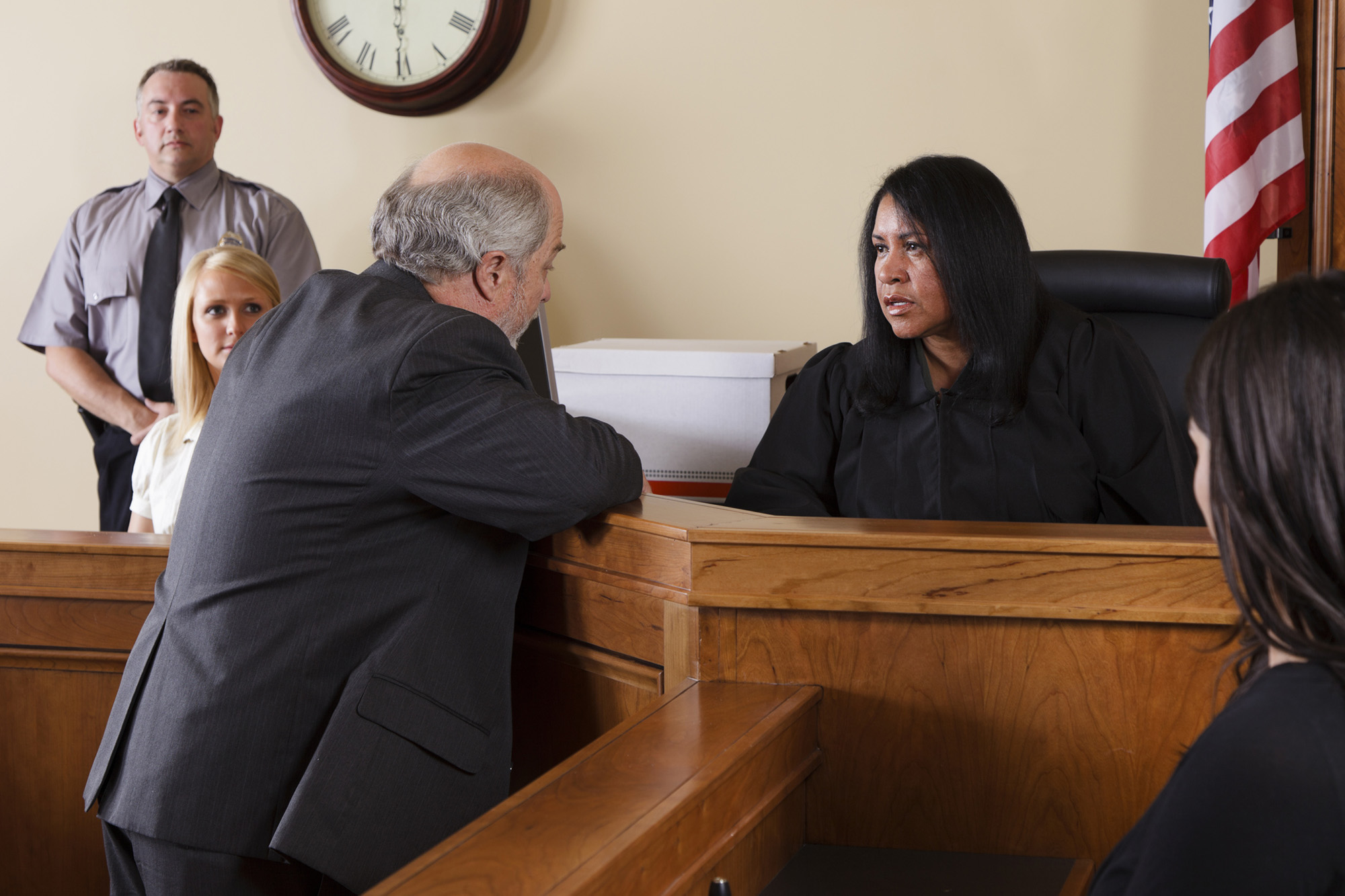Trial Judge Warns Against Mudslinging

Here’s a risk management pro tip: if the judge in your case suggests you are slinging mud and engaging in schoolyard antics, it’s not a good sign.
It’s even worse if the judge warns if you keep it up, you might face disciplinary sanctions.
Consider the case of Peterson v. Pickering, a federal civil proceeding in Colorado, where in a May 18 order, the presiding judge scolded counsel on both sides of the aisle for what he described as a “disturbing trend” in their conduct.
“Litigation by its nature involves some conflict, but counsel has taken this to the extreme,” according to the order. “Attorneys are officers of the court and expected to recognize the vast gulf between zealous advocacy and recalcitrance.”
Among the objectionable behavior cited by the court:
- The lawyers “repeatedly accused each other of acting inappropriately, thereby further escalating tensions.”
- The lawyers did not meet and confer in good faith.
- Describing one email exchange between counsel, the judge said he was “struck by the contentiousness and the aggressively personal nature” of the communications.
- From the order: “[T]he court can only conclude that this unbecoming exchange is the lawyerly equivalent of the familiar schoolyard refrain, ‘I know you are but what am I?’ Counsel should not have to be reminded that this proceeding is not the playground.”
Read more in the ABA Journal and Law360.
For close to half a century, Lawyers Mutual has been the smart choice for professional liability coverage for North Carolina attorneys. We cover the state from Murphy to Manteo. We insure large firms, solo practitioners and everyone in between. We help new lawyers enter the profession with confidence, and we help keep seasoned veterans safe and successful. The numbers speak for themselves. Lawyers Mutual has been in business since 1977, making us the only insurance carrier to provide continuous protection over that period. Today we insure more than 8000 lawyers in North Carolina. Most of them will stick with us until they retire. Why? Because they know we are here for them today and will be here tomorrow, bringing protection and peace of mind in turbulent times. Visit our website, give us a call, or ask a colleague why Lawyers Mutual is the smart choice for liability coverage.
NC Rule of Professional Conduct 3.5
Impartiality and Decorum of the Tribunal
(a) A lawyer representing a party in a matter pending before a tribunal shall not:
(1) seek to influence a judge, juror, member of the jury venire, or other official by means prohibited by law;
(2) communicate ex parte with a juror or member of the jury venire except as permitted by law;
(3) unless authorized to do so by law or court order, communicate ex parte with the judge or other official regarding a matter pending before the judge or official;
(4) engage in conduct intended to disrupt a tribunal, including:
(A) failing to comply with known local customs of courtesy or practice of the bar or a particular tribunal without giving opposing counsel timely notice of the intent not to comply;
(B) engaging in undignified or discourteous conduct that is degrading to a tribunal; or
(C) intentionally or habitually violating any established rule of procedure or evidence; or
(5) communicate with a juror or prospective juror after discharge of the jury if:
(A) the communication is prohibited by law or court order;
(B) the juror has made known to the lawyer a desire not to communicate; or
(C) the communication involves misrepresentation, coercion, duress or harassment.
(b) All restrictions imposed by this rule also apply to communications with, or investigations of, family members of a juror or of a member of the jury venire.
(c) A lawyer shall reveal promptly to the court improper conduct by a juror or a member of the jury venire, and improper conduct by another person toward a juror, a member of the jury venire, or the family members of a juror or a member of the jury venire.
(d) For purposes of this rule:
(1) Ex parte communication means a communication on behalf of a party to a matter pending before a tribunal that occurs in the absence of an opposing party, without notice to that party, and outside the record.
(2) A matter is “pending” before a particular tribunal when that tribunal has been selected to determine the matter or when it is reasonably foreseeable that the tribunal will be so selected.
SOURCES: Federal judge reminds lawyers that 'this proceeding is not the playground' (abajournal.com)
Rule 3.5 Impartiality and Decorum of the Tribunal | North Carolina State Bar (ncbar.gov)
What would happen to your law practice if you experienced a medical emergency? Who would take care of your clients? What if a key partner dies unexpectedly? What would happen to the firm? If you aren’t sure of the answers to those questions, HELP is available. Lawyers Mutual has assembled a rapid response team to Handle Emergency Legal Problems. Led by our in-house claims attorneys and outside counsel, our team has the training and resources to guide you through difficult professional times. Lawyers Mutual HELP will assess your crisis situation and work with you to craft a workable plan for moving forward. Since 1977, Lawyers Mutual has been there for our insureds and their clients. We have provided professional liability protection for NC lawyers longer than any other insurance company. Want to learn other ways Lawyers Mutual can HELP your practice? Visit our website, give us a call, or drop by our office. You’ll see why Lawyers Mutual is the smart choice for liability coverage in North Carolina.




